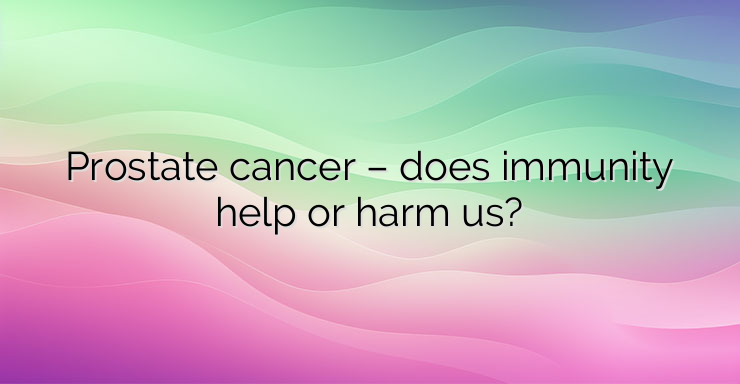A team of scientists from the University of Michigan has found an explanation why, once it has reached the stage of metastasis, prostate cancer is supported in its growth by the patient’s immune system. The new study is devoted to the role of the immune system in the growth and metastasis of prostate cancer cells. The described phenomenon is not accidentally called the “paradox of tumor growth” because the more cancer cells die, the more the tumor growth is stimulated. Understanding the causes and mechanisms of this phenomenon are key to preventing metastases. It is known that 65% to 80% of prostate cancer metastases are in the bones, and that when it reaches this point, it is already very difficult to control. Once in the bone tissue, tumor cells find a favorable environment and the speed of their division and spread increases sharply. Scientists comment that tumor growth is always accompanied by a significant amount of cell death – which can be due to both the patient’s immune system and the antitumor treatment being carried out. NEWS_MORE_BOX Cell death activates an inflammatory response in which phagocytes clear away waste products. Using a laboratory model, the researchers found that this process is associated with the release of large amounts of a certain pro-inflammatory protein – CXCL5. In parallel, this protein has been shown to stimulate tumor growth. This, on the one hand, explains the paradox of tumor growth, on the other hand, the fact that in the stage of bone metastases, the chances of treatment success decrease sharply. Because the bone marrow is rich in phagocytes, large amounts of CXCL5 are secreted there and tumor growth rapidly increases. Blocking the protein in the laboratory stopped the growth of tumor cells. The finding is supported by the fact that serum levels of CXCL5 in patients with bone metastases are much higher than those in which the cancer has not metastasized. Scientists hope that these facts could lead to a new treatment – a drug that specifically targets this mechanism of tumor growth. Blocking it would allow the effective action of antitumor drugs without cell death leading to paradoxical growth.


Leave a Reply